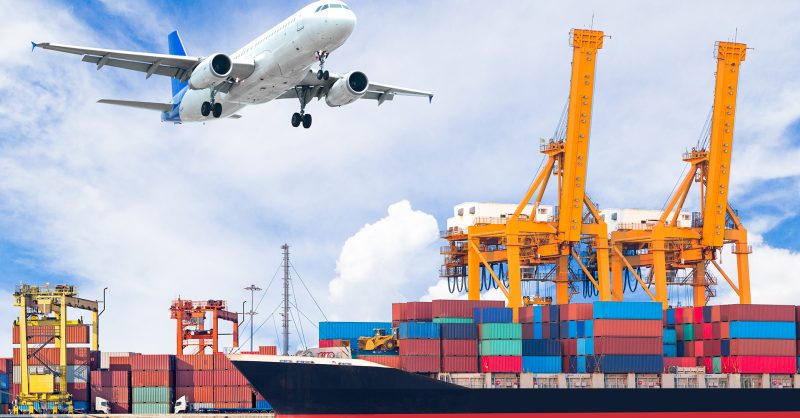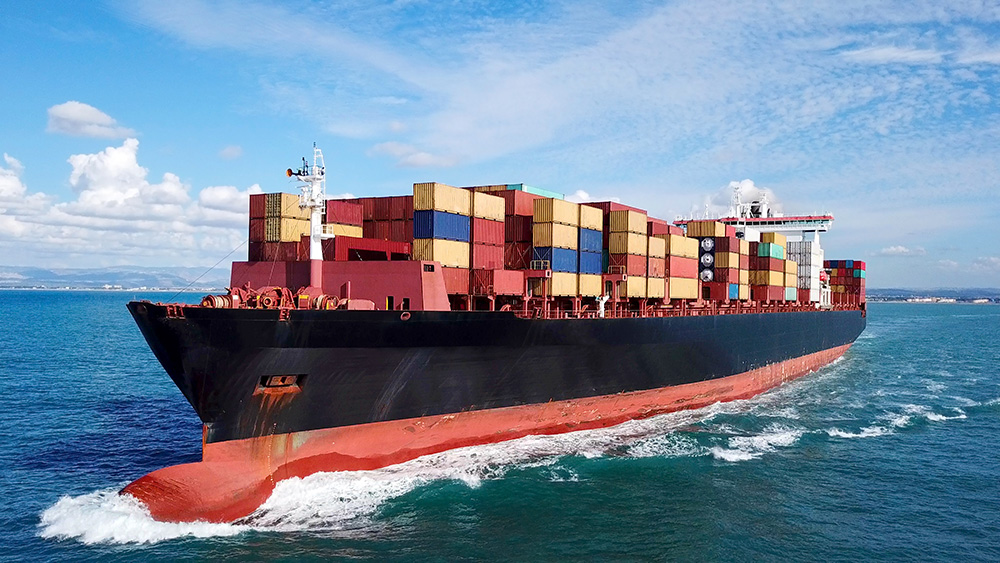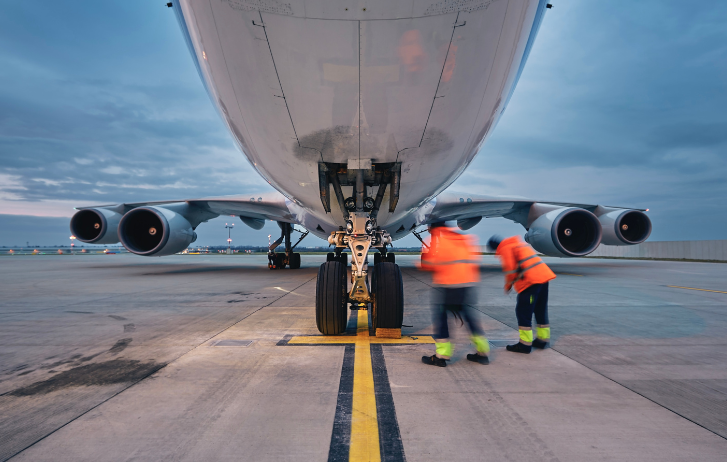Finding a reliable freight forwarder China to Singapore is crucial for importers who want to manage costs, reduce risks, and avoid customs delays. Many businesses struggle with unpredictable shipping rates and complex supply chain rules. This guide explains costs, transit times, documents, methods, and real shipping cases so you can plan with confidence.
What Does a Freight Forwarder Do for China to Singapore Shipments?
A freight forwarder acts as the bridge between shippers and carriers. They:
- Arrange transportation (sea, air, or multimodal).
- Handle customs clearance and required documents.
- Negotiate shipping rates with carriers.
- Offer warehousing and consolidation services.
- Track cargo from origin to final delivery.
Therefore, working with an experienced partner ensures smooth import and export operations.
How Much Does It Cost to Ship with a Freight Forwarder China to Singapore?
Costs depend on container size, cargo type, and shipping mode. Below are average sea freight rates (2025 estimates):
| Route (China → Singapore) | 20GP (USD) | 40GP (USD) | 40HQ (USD) | Transit Time |
|---|---|---|---|---|
| Shanghai → Singapore | 850 | 1,250 | 1,300 | 7–10 days |
| Shenzhen → Singapore | 800 | 1,200 | 1,250 | 6–9 days |
| Ningbo → Singapore | 820 | 1,230 | 1,280 | 8–11 days |
Air freight averages USD 4–7 per kg depending on urgency. Courier services like DHL and FedEx charge higher but ensure door-to-door delivery.
What Are the Main Shipping Methods from China to Singapore?
| Method | Avg. Cost | Transit Time | Pros | Cons |
|---|---|---|---|---|
| Sea Freight (FCL) | USD 800–1,300 per container | 6–11 days | Economical, large volumes | Slower |
| Sea Freight (LCL) | USD 35–50 per CBM | 8–12 days | Flexible for small loads | Extra handling |
| Air Freight | USD 4–7 per kg | 3–5 days | Fast, reliable | Expensive |
| Express Courier | USD 8–12 per kg | 2–4 days | Door-to-door | High cost for bulk |
As a result, sea freight is preferred for bulk cargo, while air is best for urgent shipments.
What Customs Documents Are Required for Shipping to Singapore?
Importing into Singapore requires specific documentation:
| Document | Purpose |
|---|---|
| Bill of Lading / Air Waybill | Proof of shipment |
| Commercial Invoice | Declares value of goods |
| Packing List | Detailed cargo description |
| Certificate of Origin | Confirms product origin |
| Import Permit (if required) | Needed for restricted goods |
| Customs Declaration (TradeNet) | Mandatory entry filing |
Moreover, electronic submissions via Singapore’s TradeNet system streamline customs clearance.
Real Case Studies: Freight Forwarder China to Singapore
Case 1: Shenzhen → Singapore (Electronics)
- Goods: 40GP container of smartphones (22 tons)
- Mode: FCL sea freight
- Cost: USD 1,200
- Transit time: 7 days
- Benefit: Lowered cost by 40% compared with air freight.
Case 2: Ningbo → Singapore (Furniture)
- Goods: 12 CBM of office furniture
- Mode: LCL sea freight
- Cost: USD 480
- Transit time: 9 days
- Benefit: Consolidation avoided empty container costs.
How Long Does Shipping from China to Singapore Take?
| Origin Port | Destination | Sea Transit (Days) | Air Transit (Days) |
|---|---|---|---|
| Shanghai | Singapore | 7–10 | 3–4 |
| Shenzhen | Singapore | 6–9 | 2–3 |
| Ningbo | Singapore | 8–11 | 3–5 |
Although sea freight is slower, Singapore’s proximity ensures relatively short ocean routes compared with Europe or the US.
Why Choose a Freight Forwarder Instead of Booking Directly?
Importers benefit from freight forwarders because they:
- Consolidate shipments for lower cost.
- Offer door-to-door solutions.
- Provide guidance on import duties and HS codes.
- Handle last-mile delivery in Singapore.
- Ensure smoother customs compliance.
Accordingly, forwarders add value by reducing risks and optimizing logistics.
What Are the Pros and Cons of Sea vs Air Freight?
| Method | Pros | Cons |
|---|---|---|
| Sea Freight | Cost-effective, suitable for large shipments | Longer transit, port charges |
| Air Freight | Fast, reliable, secure | Expensive, limited space |
| Courier | Convenient door delivery | High cost, weight limits |
To illustrate, a freight forwarder can advise which method matches cargo needs and budget.

How Can Importers Reduce Costs with a Freight Forwarder China to Singapore?
Practical cost-saving tips include:
- Book early during non-peak periods.
- Consolidate shipments with suppliers for full containers.
- Compare Incoterms (FOB, CIF, DDP) for better cost control.
- Negotiate rates through established freight forwarders.
- Leverage multimodal solutions for flexible scheduling.
Without a doubt, these strategies help optimize supply chain expenses.
Should You Use FOB, CIF, or DDP for China–Singapore Shipments?
| Term | Responsibility | Risk for Buyer | Cost Impact |
|---|---|---|---|
| FOB | Buyer manages freight | Medium | More control |
| CIF | Seller arranges freight | Low | Higher charges |
| DDP | Seller handles duties + delivery | Very low | Highest |
For example, most Singaporean importers prefer FOB to negotiate their own freight deals.
How Do Seasonal Trends Impact China–Singapore Freight Prices?
Prices rise during:
- Chinese New Year: Factory closures cause demand spikes.
- Mid-year sales seasons: Increased orders raise rates.
- Year-end rush: Holiday shopping boosts both air and sea costs.
To summarize, scheduling shipments before peak seasons helps avoid surcharges.
Why Partner with a Professional Freight Forwarder?
Working with experts ensures:
- Accurate customs documentation.
- Faster clearance at Singapore ports.
- Competitive carrier rates.
- Reliable shipment tracking.
- Reduced risks of penalties or delays.
Consequently, a trusted partner guarantees smooth trade flows.
Conclusion
In conclusion, selecting a freight forwarder China to Singapore ensures smoother logistics, lower risks, and optimized shipping costs. Sea freight is cost-effective for bulk cargo, while air freight serves urgent deliveries. Real-world cases show how importers save money through consolidation, correct Incoterms, and early booking.
Ultimately, a trusted freight forwarder guarantees compliance, speed, and efficiency in your China–Singapore supply chain.
- Consult TJ China Freight Forwarding for the lowest quote. They will provide you with reliable, cost-effective service.
FAQs
Q1.How do I calculate freight forwarder China to Singapore costs?
Freight costs depend on cargo size, container type, and mode. Forwarders provide accurate cost estimates for each shipment.
Q2.Can I use LCL service for small imports to Singapore?
Yes, LCL allows importers to pay only for space used, ideal for small or medium shipments under full container load.
Q3.What is the average air freight rate from China to Singapore?
Standard air freight costs around USD 4–7 per kilogram, depending on urgency, carrier, and seasonal demand fluctuations.
Q4.Do I need an import license for Singapore shipments?
Certain categories like medical, chemicals, and food require an import license. Forwarders assist with compliance and document processing.
Q5.How long does customs clearance take in Singapore?
Customs clearance usually takes 1–2 days if all documents are correct, but delays occur if cargo requires inspections.




